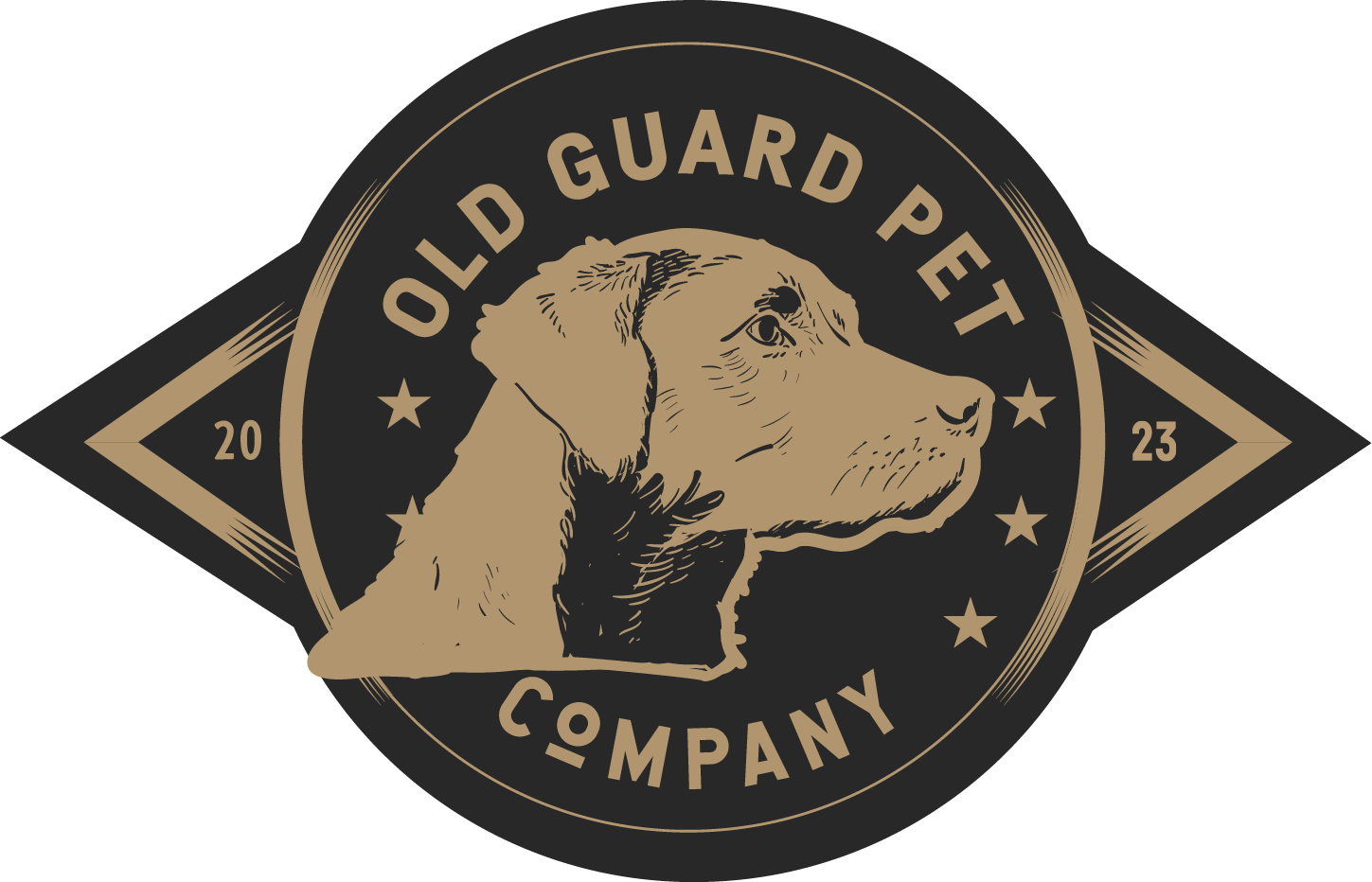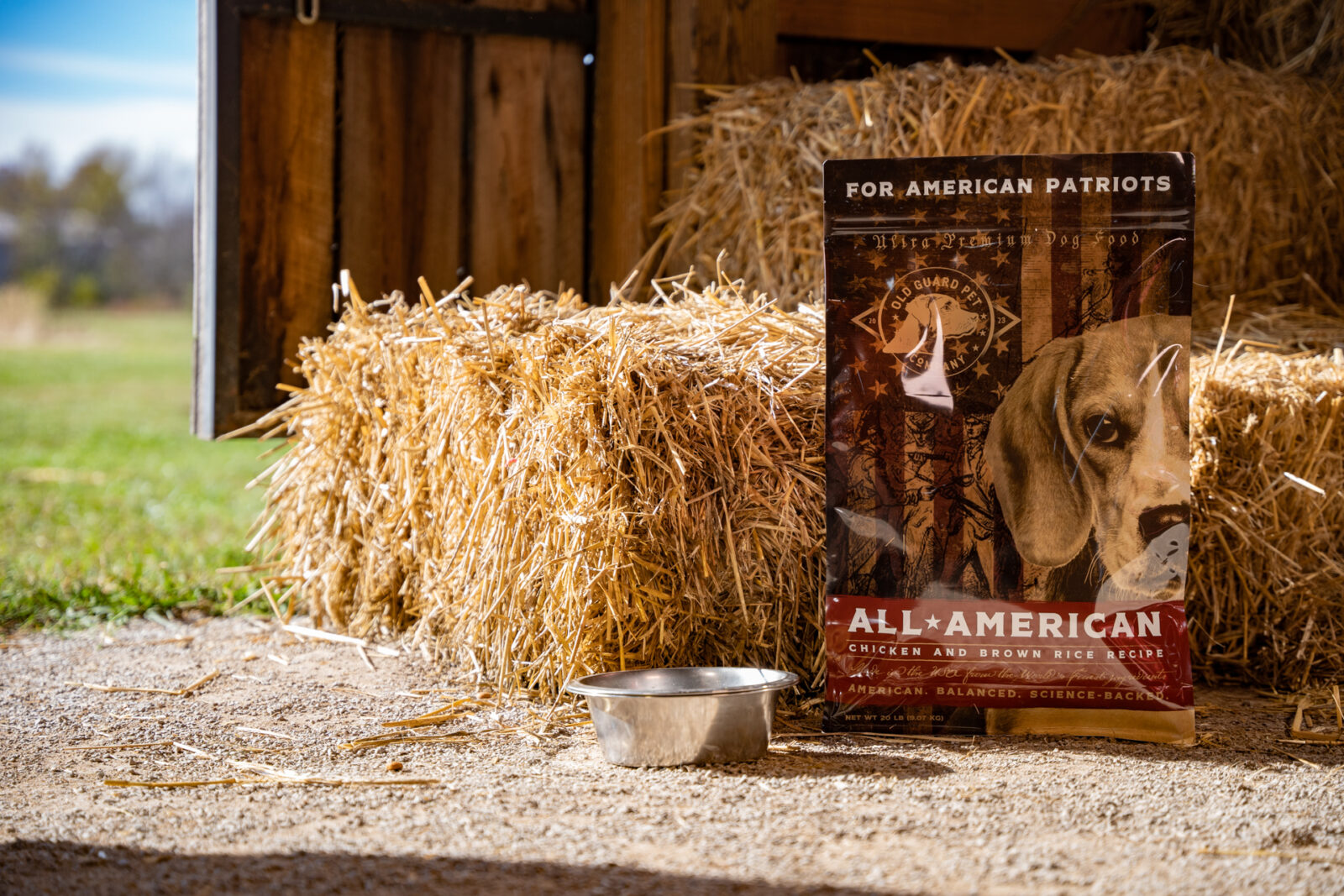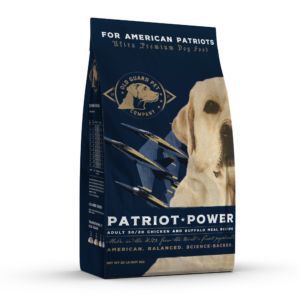Most diets are designed to meet the minimum nutritional standards provided by AAFCO, a leading authority in pet nutrition. But beyond these AAFCO requirements for a “complete and balanced” diet, how can you be sure your dog’s food is leveraging scientific research to advance pet health with premium quality nutrition? This blog will unravel the science behind how companies will attempt to use “science” to support their recipes, but where the quality and soundness of the scientific rationale are not exactly reliable or valid.
Health Claims
Dog food companies will often reference “science” or make claims about being healthy because of “x, y, and z” reasons. But how do you know? A fairly easy way is to look for companies that are willing to stand behind their health claims and put them on their packages. Also, look for additional information about the health benefits and ingredients on the website. When a company does not put a claim their website, it is probably because they cannot. They either lack any actual evidence of the benefit being delivered to the pet or they are not utilizing adequate levels of ingredients to make a defendable claim.
Ingredients as Sources of Nutrition
Many companies will only highlight ingredients they think consumers intuitively believe are healthy for their dogs, despite the lack of research behind them. For instance, companies might make claims such as “apples are a source of potassium and vitamin C.” We know that apples are healthy for us to eat, so why not the dog? Due to a complete lack of research, it is unknown if the nutrients from an ingredient like apples (for example) are available for use by the dog for certain bodily functions. Knowing this, companies will add purified vitamins and minerals to ensure dogs are consuming essential nutrients like potassium and vitamin C at appropriate levels. These companies want you to believe that it is the apples that provide those nutrients, but what is likely happening is that the purified sources are providing the essential vitamins and minerals (think of your daily multivitamin). Each time a company adds an ingredient to make it seem healthy, it takes away from including ingredients that truly benefit the dog’s health.
Functional Ingredients vs. Intuitive for Proven Health Benefits
You will often see ingredients like cranberries and apples to make the diet appear healthier since these are healthy ingredients for humans to eat, so companies will leverage this “kitchen logic.” However, there is often no evidence to support the health benefits of these ingredients for your dog. Alternatively, an ingredient like beet pulp has been classified as a “filler” for purely marketing purposes by the same companies that are pushing “new and improved diets.” Beet pulp, specifically, has been extensively studied in dogs for decades and remains one of the best fibers to support a healthy digestive function. It is an interesting ingredient as it isn’t the nutrients it provides the dog but the impact it has on the digestive tract during digestion. It helps improve the health of the cells lining the gut to improve the dog’s ability to absorb nutrients more effectively. Ultimately, just because something sounds good for you to eat doesn’t mean it’s right for your dog. Just because something doesn’t sound good, doesn’t mean there isn’t a good reason to include that ingredient. To quote Ben Shapiro, “Facts don’t care about your feelings.” You will likely also notice that there are never any actual health claims or benefits tied to these ingredients. That is a big sign that they are not necessary and are just marketing gimmicks.
Inclusion Levels and Guarantees
Alternatively, if a company has the research to support certain ingredients and the nutrients provided within, you might see a guaranteed level of inclusion for a specific nutrient in the diet. For instance, fish oil (an ingredient) can provide an omega-3 fatty acid, DHA (a nutrient). DHA is important for brain nourishment and function. You might see claims about DHA or a guaranteed amount of DHA or Omega-3 fatty acids in the diet. This generally means the company is associating that nutrient with a specific health benefit, and there will likely be scientific data to support that claim. If a product does not include a guaranteed amount, it is likely not including an amount sufficient to impact health. Be cautious of companies that include ingredients but do not commit to adding health benefits to their packaging or guaranteeing a certain level of inclusion of that benefit.
Who Are the So-Called Experts?
Many companies talk about consulting experts when designing their recipes. Or they might say “vet approved.” However, two degrees are important to look for in the “experts.”
- A Ph.D. in companion animal nutrition (me)
- A board-certified veterinary nutritionist
These are two degrees that require extensive (4+ years) education in pet nutrition. Like a doctor, veterinarians do not automatically have nutritional expertise. They may have taken a course in vet school, but this does not make them an expert. Additionally, other individuals might have “certificates” in nutrition, but these are typically online courses that you could take in one afternoon. Ensure you are getting nutritional advice or that your dog’s diet has been reviewed and approved by a Ph.D. in companion animal nutrition or a board-certified vet nutritionist.
Species Specific
A dog is unique. Many companies will attempt to talk about dogs as wolves or humans without considering whether this is an appropriate comparison. Dogs have evolved from the wolf and have been subjected to thousands of years of domestication. This has significant impacts on the dog’s nutritional needs and genetics. Though we like to think of dogs as part of the family, they are also not humans; they are dogs, and we love them for them. Therefore, it is ideal if nutritional interventions are studied in dogs because what may benefit one species may not transfer to another. While there are a few validated “animal models” for research, including chicks and roosters, and decades of research to support this, wolves and humans are not. Do not trust companies that tell you to feed your dog like a wolf or a human; trust a company that sees a dog as a dog.
Conclusion
Overall many companies will talk about “science,” but many of their statements are not rooted in high-quality scientific understanding or depth. At Old Guard, we use well-established scientific research and innovations to ensure optimal health for your dog through reliable and trusted data. You can see in our ingredient decks guaranteed analysis and health claims. Every ingredient in our recipes serves a purpose and is directly relevant to our health claims. Our health claims rely on us including a sufficient amount of each ingredient and nutrient supported by high-quality scientific evidence. Our priority is to design recipes with a history of proven health benefits, not ones that are trendy or sound good on paper. This involves constantly reviewing the latest robust research and making changes as new information becomes available. It does not mean jumping on bandwagons or adding ingredients without ensuring they are validated and proven to benefit the dog. Know where your dog food is coming from and what is in it, without all of the “extra stuff.”
Five Dog Food Nutrition Secrets From a PhD

With so much information floating around out there on dog nutrition, how can you be sure you have the facts? In this guide, Founder Maggie Gooding, PhD, in Animal Nutrition and Behavior, with over a decade experience in R&D working on some of the largest pet food brands share five nutrition secrets to help your dog live a longer healthier life.
Get the inside scoop on:
- Nutrients
- Energy Balance
- Weight Control
- Dog Eating Habits
- Fibers and Fillers
Download by filling the form out below:




